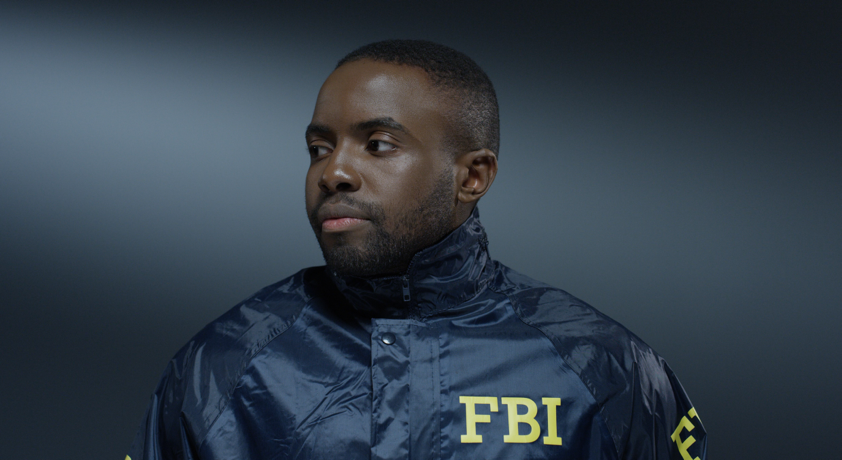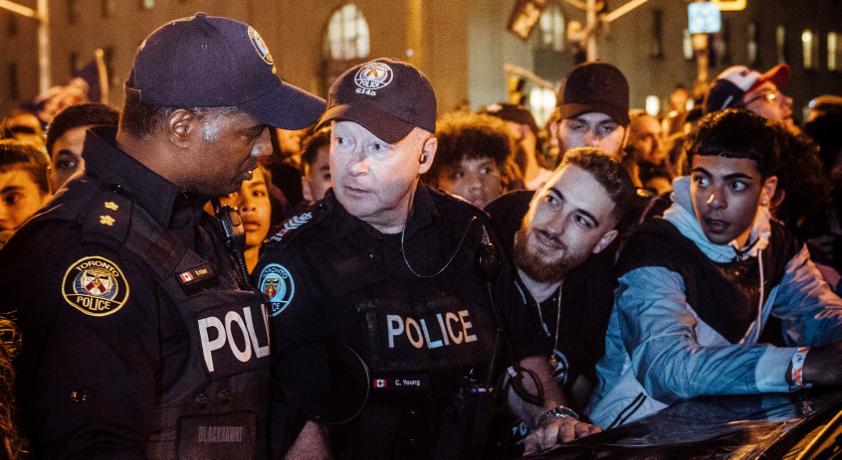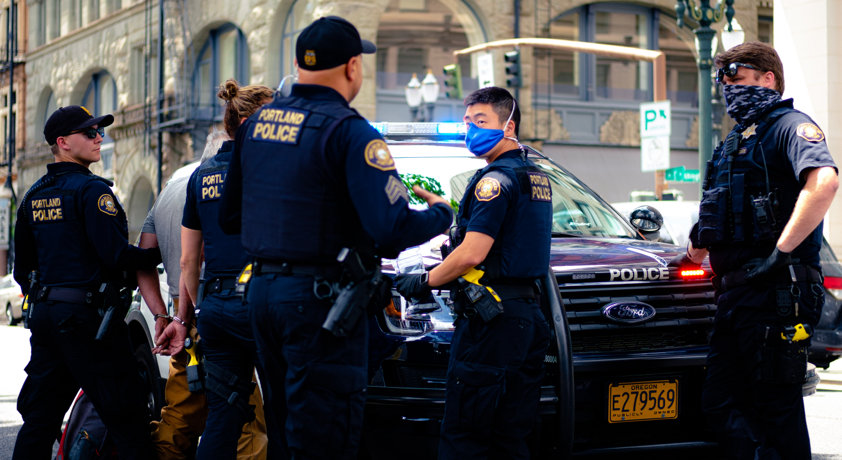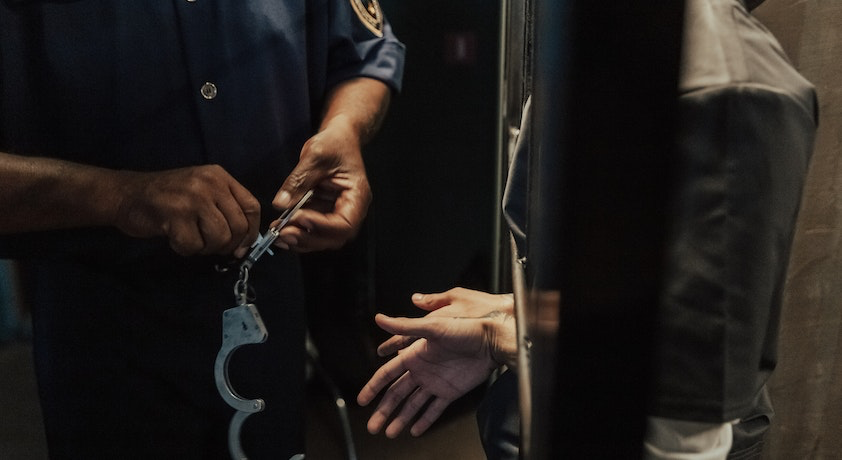Core Competencies and Skills of FBI Agents

The FBI’s mission is to “protect the American people and uphold the Constitution of the United States.” To fulfill this critical mission, the bureau implemented a process to choose special agents called the Special Agent Selection System (SASS). The system, which takes a year or longer to complete, is designed to test both the mental and physical abilities of applicants so only the best receive the title of “special agent.” If applicants make it through the SASS, they have earned a position with one of the most elite teams of law enforcement officers in the world.
The FBI Academy
Just getting into the FBI Academy at Quantico, Virginia is tough. When you enter the FBI academy you must compete against thousands of other applicants and participate in what the FBI calls the “most rigorous and selective application process” in the country. The training comprises 800 hours of study over approximately 20 weeks that includes online courses in academics, firearms training, operational skills, and case exercises. You’ll take courses that encompass investigative techniques, ethics, operations, investigations, and computer skills. In addition, candidates study interviewing and interrogation techniques, writing, behavioral science, cyber warfare, and counterterrorism techniques.
Core Skills & Competencies
To become an FBI special agent, you must develop proficiency in the necessary skills and demonstrate mastery of the bureau’s eight core competencies:
1. Collaboration
You must be able to initiate and maintain contacts and work as a team with multiple types of organizations. Strong social skills, professionalism, and political savvy are all necessary. You must collaborate tactfully, showing respect for others’ opinions while still maintaining a strong position.
2. Communication
Special agents must possess excellent listening and comprehension skills. Agents also need persuasive skills and the ability to communicate with a variety of different types of people, both verbally and in writing. You should be able to convince others by using advanced problem-solving and reasoning skills. For example, a special agent involved in a hostage negotiation must be able to protect the lives of innocent bystanders by using logic and persuasion to communicate with the criminal.
3. Flexibility and Adaptability
Working in law enforcement means not knowing what to expect on any given day. When solving crimes, special agents must adapt to circumstances quickly to respond as challenges arise.
4. Initiative
Successful agents are proactive and self-motivated. They can set tasks for themselves, initiate projects, and respond to issues and problems effectively. For example, when a child is abducted, agents must be able to respond rapidly and comprehensively to locate and recover the child.
5. Interpersonal Ability
The FBI works with other law enforcement agencies in a joint effort to solve crimes. They are largely successful in doing so, despite how it’s portrayed in a typical television police drama. As one former special agent says, “The biggest myth of all is that the FBI comes in and tells the cops to ‘get the hell out.’ The FBI works closely with the police and other law enforcement agencies and shares information.
Additionally, agents must have the ability to form interpersonal relationships with their colleagues, subordinates, and management and to maintain those relationships. They must demonstrate empathy with different concerns and needs, not only with other agencies but with members of the public. They are often called on to mediate between an individual or group and settle disputes.
6. Leadership
Agents must be able to inspire and motivate others. By leading by example and gaining the respect of his team, a successful agent can act as a mentor, providing guidance and inspiring confidence in others. Agents must have the ability to articulate plans clearly and establish a guide to completing them.
7. Organizing and Planning
Special agents must be able to determine priorities, create steps, establish goals, and strategize a plan of action. She must assign tasks and a timeline for their completion. Accomplishing these goals requires the ability to concentrate and dismiss irrelevant problems as they arise.
8. Problem-Solving and Judgment
Special agents must not only recognize the crucial elements of a problem but also make decisions that help solve the problem. Agents often must analyze the available data and evaluate the risks to identify solutions.





